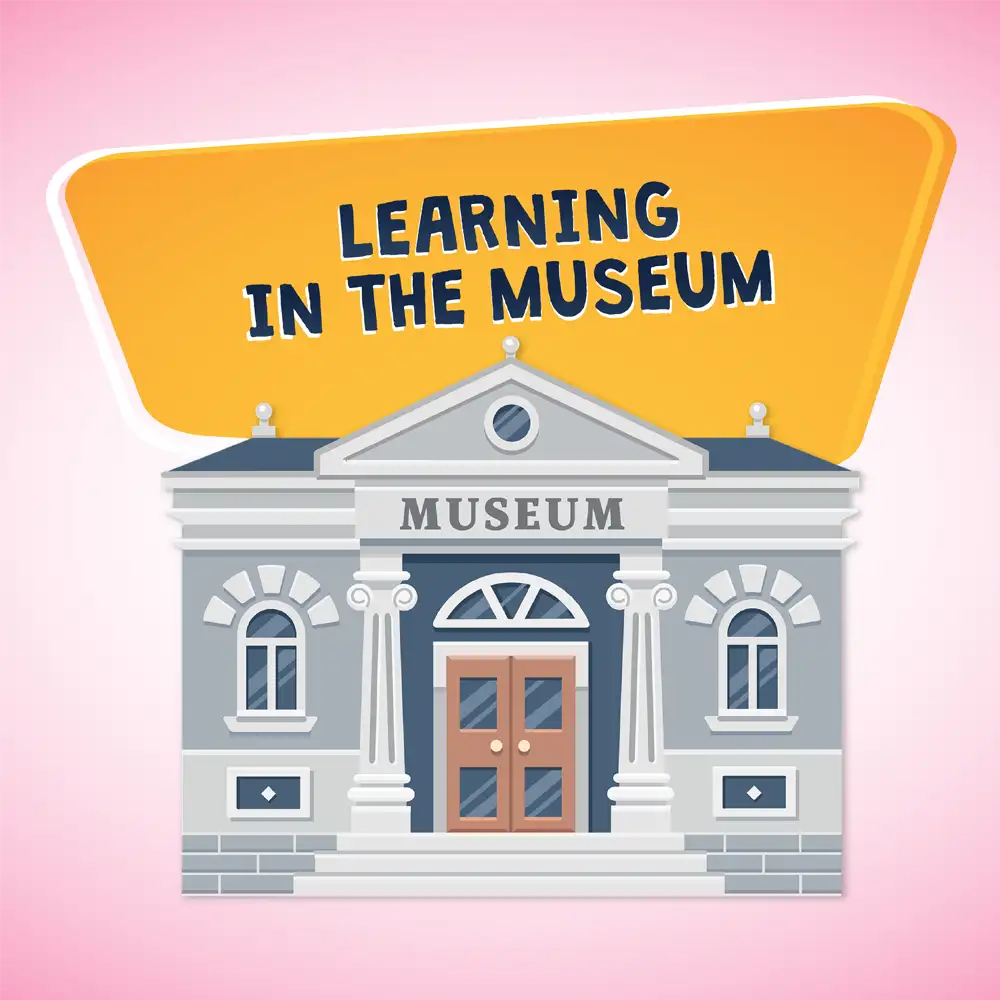DERMEN ERASMUS TRAINING COURSES

- #LEARNING IN THE MUSEUM

Course Content:
Learning is not limited to the classroom. Museums are important educational environments and offer a considerable learning potential. Collections exhibited in museums provide pupils with a tangible connection with time, places, events, or people and allow them to experience the evolution of human history and cultural heritage. Learning in museums helps pupils understand the historical value of objects, respect diverse cultures and understand multiculturalism. Exploring museums gives students the ability to engage actively in the process of acquiring knowledge and to express thoughts and emotions.
Modern museums have evolved into community centres for intellectual development, generating engagement and inspiration for diverse audiences. The rapid development of technology has also enabled museums to provide better access to their collections, whether online or onsite, in order to enhance the visitors’ experience and attract wider audiences in a variety of ways. Teachers and other education professionals should utilise museums as valuable educational tools, communities and learning spaces. The Learning in a Museum course explores the educational value and potential of present-day museums for learning. The course investigates strategies educators can use to plan, implement and evaluate learning in a museum, and more generally transform their students’ museum experiences into connected, engaging, and integrated activities which lead to their intellectual growth.
Throughout the course, participants will:
- discuss the meaning of museum learning and how to set the stage for it
- review the learning-in-a-museum competences and evaluate strategies for currently working within them
- creatively adapt museum learning to educational projects and design active tasks for museum learning
- On-site museum learning experiences
Objectives:
- To understand the role and significance of museums as educational institutions and how they contribute to the learning process.
- To explore different museum types and their specialized approaches to education, such as art museums, history museums, science centers, etc.
- To learn about museum collections, curation, and exhibition design, understanding how they facilitate educational experiences.
- To discover various educational methodologies used in museums, including interactive exhibits, guided tours, workshops, and hands-on activities.
- To develop critical thinking skills by analyzing and interpreting exhibits, artifacts, and displays within a museum context.
- To foster creativity and imagination through engaging with the diverse narratives and stories presented in museum exhibits.
- To enhance observational skills, attention to detail, and the ability to draw connections between different artifacts or exhibits.
- To promote cross-curricular learning by integrating knowledge from various subject areas encountered in museum exhibits.
- To encourage an appreciation for cultural diversity, heritage, and the preservation of historical and artistic artifacts.
- To understand the importance of audience engagement and accessibility in designing inclusive and learner-centric museum experiences.
- To develop communication and presentation skills by participating in discussions, group activities, and educational programs within the museum setting.
- To apply knowledge gained from museum visits to real-life situations and academic contexts, fostering a deeper understanding of the world around us.




